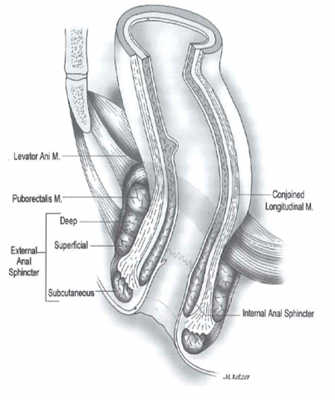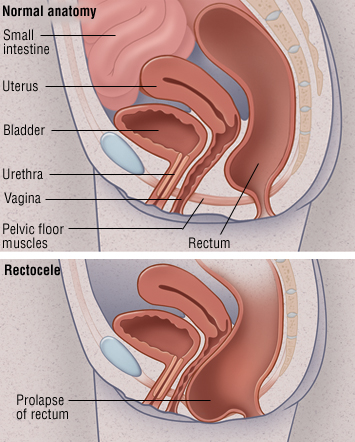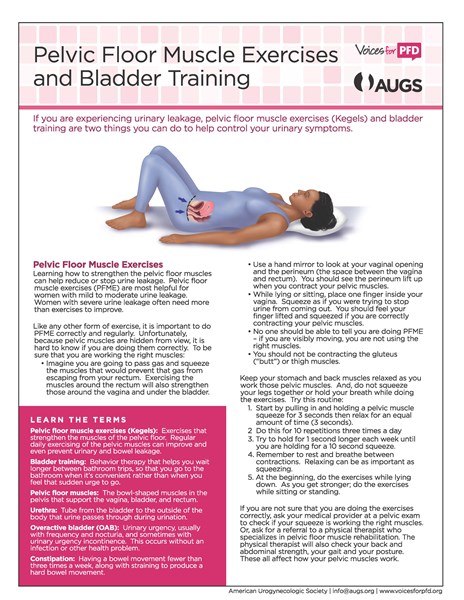Pelvic Floor Muscles Can Cause Constipation

Although it can be an unpleasant topic to talk about it s important that you to learn how constipation can cause pelvic floor problems and how to solve them.
Pelvic floor muscles can cause constipation. Cleveland clinic s ob gyn women s health institute is committed to providing world class care for women of all ages. Examples are polyethylene glycol miralax lactulose and sorbitol. Chronic constipation is frequently a cause of damage to the pelvic floor muscles and fascial support ligaments. These cause fluids to flow in a special way through the colon and are especially useful for people with no underlying cause for their constipation idiopathic constipation.
Constipation is the most common cause of faecal incontinence. Anismus puborectalis dyssynergia paradoxical puborectalis obstructive defecation dyssynergic defecation pelvic outlet obstruction and pelvic floor dysfunction. This can lead to straining during a bowel movement which causes the muscles to tighten even further. Neuromuscular retraining if you are diagnosed with pelvic floor dyssynergia physical therapy can help.
With constipation a diagnosis of pelvic floor dyssynergia is commonly found during anorectal manometry. Not only is it an irritating condition but it can also cause an array of issues in the long term. Chronic constipation can cause stretching of the pudendal nerve due to prolonged and repetitive straining leading to pelvic floor weakness secondary to nerve damage. If the pelvic floor muscles in the rectum are too tight and unable to relax it becomes difficult for stool to be passed.
When mechanical anatomic and disease and diet related causes of constipation have been ruled out clinical suspicion should be raised to the possibility that pfd is causing or contributing to constipation. Constipation has many causes so we need to address diet and fluid intake activity level and other habits. Dysfunction of the pelvic floor muscles. Role of physical therapy.
It is possible to manage the pain and discomfort once a person knows what is causing it. If a person is not sure of the cause or the pain is severe or does not improve it is best to see a doctor.









:max_bytes(150000):strip_icc()/kegel-exercises-during-pregnancy-4580549-v1-5c77243fc9e77c0001f57b7c.png)








